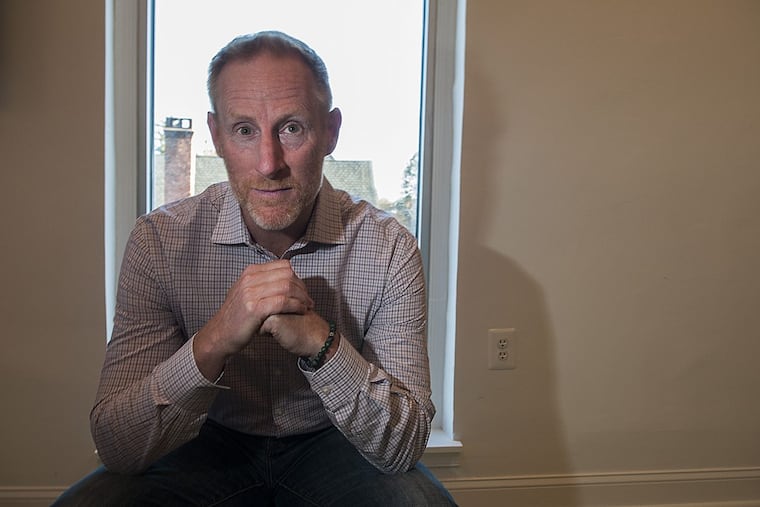To help employees, loan them some money. Go ahead, it's OK
At Rhino Foods, when an employee needs a small emergency loan, no questions asked, he goes to the HR office, and by the end of the day, he's got a check. Here's why it works, and more important, why it matters.

Here's a startling statistic, if it's true — and Jay Coen Gilbert, who co-founded B Lab in Berwyn, says it is:
Something like 64 percent of Americans do not have enough money in their bank accounts to cover a $500 emergency. You know what that is: a set of tires to replace the bald ones; a repair on a heater in the middle of winter; a new refrigerator.
B Lab, a nonprofit, certifies B Corps, companies with good employment, environmental and community practices. What does that all mean? Here's one of my favorite examples, and one that Coen Gilbert cited in a speech I heard him give earlier this year. He was relating a story he had heard at a B Corp conference.
At Rhino Foods Inc., employees with some amount of seniority can get a no-questions-asked loan of up to $1,000. Go into Human Resources, walk out with a check. The loan comes from the ice cream maker's credit line, and repayment comes via an extra deduction from the employee's paycheck. Coen Gilbert isn't sure whether there's interest or not. But collection isn't a problem, obviously.
Coen Gilbert said he heard a Rhino employee talking about it. Turns out it had been a rough winter, and the employee got socked with a heating bill. "The bill was high enough to put him into a place where he had to change what he ate," Coen Gilbert told me during our Executive Q&A interview published in Sunday's Inquirer Business section. "Oh my God, I've never had to think for a second about whether I could eat this or that for economic reasons. I realize how privileged that is."
The default risk is minimal, he said. For one, the employer knows the employee — "they see him every day," Coen Gilbert said. The repayment is automatic, and the loans are small enough that the company owners themselves could probably pay off the debts. "The payback rate is 98 percent, or as close to 100 percent as you can get and still be human," he said.
But it's not just about the employee. It also helps the company:
"The person who is operating the loading machines or working in the loading dock or whatever it might be, when that person can't come to work, that puts an extra burden on everybody else in the department. And if it happens long enough, that means your HR team has to go scramble for a temp to onboard them and get them up to speed. That's a very typical HR calculation around lost productivity for sick days. And 64 percent of Americans are one accident away from creating that kind of disruption in the workplace? This seems a risk mitigation — forget about whether it's good for your employees, which it is. It's also a pretty good risk mitigation for the business."
And then, there's what happens after the loan is paid off.
"The thing that I think is really powerful, and what I admire most is, that they didn't just say it's about the loan," Coen Gilbert said. "Because if you are living at that edge of the margin, part of what people need is financial-literacy training. A lot of those folks don't have a bank account, or they haven't developed the skills for managing money."
"So for six months, you are used to operating on a slightly smaller paycheck," he said. "You've now recalibrated life to live on that smaller amount. So when they pay it off, they can continue that deduction, which becomes an automatic payroll deduction into a savings account, and now, all of a sudden, folks who didn't have assets do.
"Now that you are used to budgeting and you can live on slightly less, and you've grown comfortable with it, and now, if you can keep doing that, in six more months, you are actually going to have 700 bucks in the bank," he said. "Now, people can build an asset base, which is the key to wealth-building, not just income."